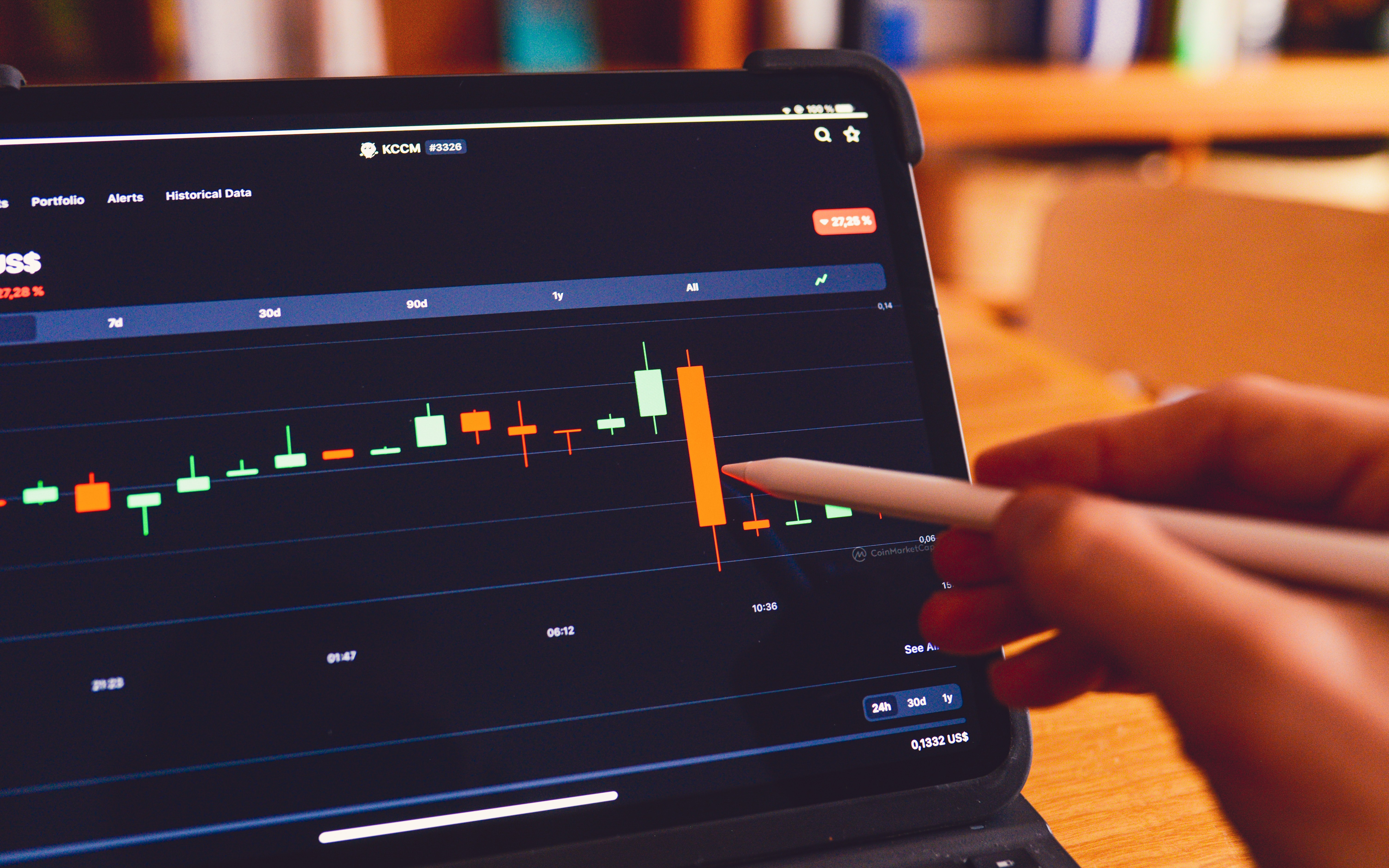
In today’s data-driven world, organizations are turning to data science and analytics to gain a competitive edge and make informed, strategic decisions. Data-driven decision-making is no longer an option; it’s a necessity. This article explores the pivotal role that data science and analytics play in shaping strategic choices and driving business success.
1. Getting to Know Data Science and Analytics
Let’s define data science and analytics first before discussing their significance in strategic decisions.
- Data Science: Data science is an interdisciplinary field that includes numerous methods, procedures, systems, and operations to draw conclusions and knowledge from both structured and unstructured data. It entails gathering, cleaning, exploring, and modeling data.
- Analytics: The systematic computational analysis of data to identify trends, patterns, correlations, and other important information is known as analytics. Descriptive, explanatory, prescriptive, and predictive analytics are all included.
2. Making Knowledgeable Decisions
Organizations have the opportunity to make choices based on scientific evidence rather than emotion or gut feeling, thanks to data science and analytics. This scientific technique greatly aids strategic decisions, which can determine how a corporation will develop in the future. Leaders can make decisions based on historical data, market trends, customer behavior, and other important variables.
3. Competition and Market Intelligence
In a company environment that is undergoing continuous change, it is essential to stay current on market trends and rivals. Companies can track market developments, consumer mood, and rivalry actions thanks to data analytics. Strategic choices on product development, pricing tactics, and market positioning are governed by this insight.
4. Client Perspectives
Any effective business plan is built on a solid understanding of the consumer. Organizations can use data analytics to acquire an in-depth understanding of client preferences, behavior, and feedback. Businesses can better satisfy the requirements and expectations of their customers by customizing their products, services, and marketing programs through the analysis of consumer data.
5. Risk Administration
Risk is a part of many strategic decisions. Organizations may more effectively analyze and reduce risks with the aid of data science and analytics. Businesses can make decisions that establish a balance between risk and return by modeling various scenarios and studying historical data.
6. Effectiveness of Operations
Any strategic plan needs to be efficient. Data analytics can find process and operational difficulties, resulting in cost savings and better resource management. A strategic initiative’s overall success is influenced by this optimization.
7. Developing New Products and Innovations
Growth is strategically fueled by innovation. By spotting market gaps, new trends, and client wants, data-driven insights can focus on innovation initiatives. The risks connected with investing in innovation are reduced by this data-driven strategy.
8. KPIs and Performance Measurement
The use of key performance indicators (KPIs) is crucial for tracking the progress of strategic goals. Organizations can define, monitor, and modify KPIs based on current data using data analytics. This guarantees that decision points are in line with intended results.
9. Strategic Planning
Long-term impacts are a common feature of strategic decisions. As a result of their ability to predict market circumstances and future trends, data science and analytics offer instruments for long-term planning. Organizations are able to create sustainable strategies thanks to this insight.
10. Constant Development
Making decisions based on data requires repetition. Analytics can be used by organizations to assess the results of complex decisions and make necessary corrections. This dedication to ongoing improvement makes sure that tactics continue to work in a dynamic context.
In summary, data science and analytics are essential tools for businesses that need to make strategic decisions. Businesses may acquire a competitive edge, adapt quickly to market changes, and set themselves up for long-term success by utilizing the power of data. Organizations that invest in data science and analytics will be better positioned to manage the complexity of the current business landscape and make strategic decisions that really generate growth and innovation as the importance of data-driven decision-making continues to rise.


